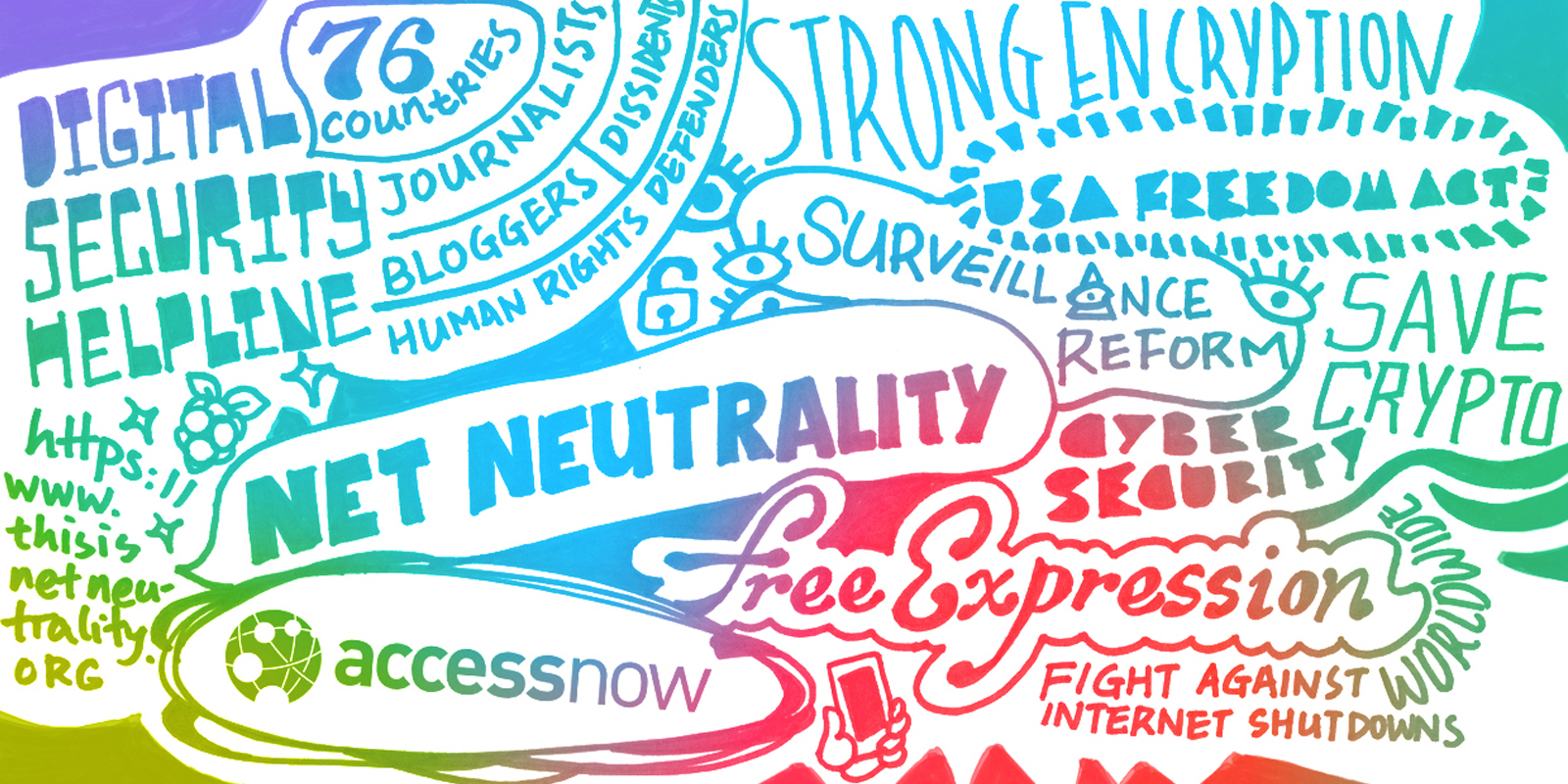Brussels, Belgium – This afternoon, the Body of European Regulators of Electronic Communication (BEREC) released the final version of its implementation guidelines for the Telecoms Single Market Regulation (TSM). The TSM, a law with provisions for Net Neutrality in the European Union, was adopted last October, but BEREC was charged with clarifying how it should be implemented and closing loopholes that could be exploited to harm internet users.
BEREC has now greatly clarified how Net Neutrality should be implemented across the European Union. Responding to the concerns of civil society, it has taken critically important steps to protect internet users’ rights and freedoms. This is an important victory for everyone who cares about Net Neutrality.
“The final guidelines are a true testament to BEREC’s hard work. We commend BEREC for its enduring commitment to multistakeholderism while keeping the interests of internet users in sharp focus,” said Estelle Massé, Senior Policy Analyst at Access Now. “These guidelines allow the EU to join the leading voices on Net Neutrality globally, and bring much-needed clarity for the industry and the users — something to be truly proud of!”
Publication of the guidelines is the culmination of several years of legislative process. The TSM Regulation laid the groundwork to protect Net Neutrality under EU Law. Once the TSM was approved, BEREC began its consultative process in order to build the strongest possible implementation guidelines — those that would stay true to the intent of the law and protect internet users’ right to free expression.
Access Now had several concerns about the TSM’s Net Neutrality provisions. When BEREC issued draft guidelines earlier this summer, it addressed several of our concerns, and brought the EU one step closer to comprehensive Net Neutrality rules. However, we urged BEREC to further clarify the text regarding specialised services, zero rating, and traffic management.
BEREC has now diligently addressed most of these issues, and the final version of the guidelines is well in line with its own enduring position on Net Neutrality. Regarding zero rating programmes, the guidelines confirm that “sub-internet” offers, where only a part of the internet is offered for “free”, are incompatible with the TSM and therefore banned. However, there is some uncertainty regarding another type of zero rating whereby a telco prioritises either its own content or that of third parties. For such offers, BEREC has developed a set of criteria for a “case by case” assessment. While the criteria are quite robust, regulators will need sufficient resources and ensure strong enforcement in order to prevent Net Neutrality violations.
“A major remaining concern is the ‘case by case’ approach to some zero rating offers,” added Massé. “Unless all regulators hold the industry to a high standard, we could see fragmentation across the EU in the protection of users’ right to receive and impart information.”
For more information on BEREC and Net Neutrality in the EU see:
- Access Now’s submission on the draft BEREC guidelines, July 2016
- Access Now submission to BEREC Stakeholder meeting, December 2015
- Yes, there’s still a chance for Net Neutrality in Europe
MEDIA CONTACT
Estelle Massé
Senior Policy Analyst, Access Now
[email protected]
